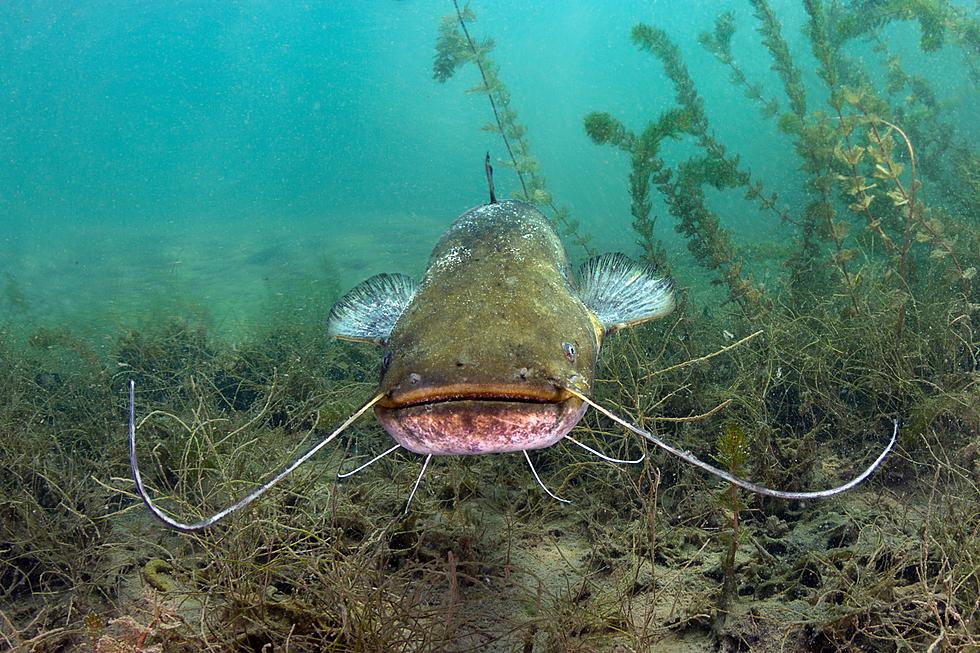
How to Tell If You’re Being Catfished: 9 Warning Signs to Look Out For
With online dating the new norm, catfishing is increasingly becoming cause for concern.
When it comes to the internet, a "catfish" is an individual who creates a fake profile using someone else's pictures and/or false information to dupe someone into falling in love with them.
With the recent success of the shocking docuseries The Tinder Swindler — where conman Shimon Hayut met women on Tinder before swindling them for millions of dollars after pretending to be Simon Leviev, a son of Israeli diamond tycoon Lev Leviev — the fear of being taken advantage of online is at an all-time high.
As we navigate dating in a socially distanced world, where meeting someone on an app or website is a safe alternative amid the ongoing pandemic, we have to be super cautious in order to protect ourselves from predators.
If you're suspicious that someone you're talking to online is not who they say they are, there is a high probability you've fallen victim to catfishing.
It's important to know the warning signs and what to look out for to save yourself the heartache and shame of falling prey to a catfish. Below, here are nine red flags to watch out for:
They refuse to video chat
When you are talking to someone on an app or website, it's okay to not want to video chat (FaceTime, Zoom or Skype) right away, but if it's been more than a month and they still refuse to appear on video, it's probably cause for concern.
They don't have many followers on social media
Not having social media is totally acceptable, but if someone has an Instagram account and yet has very few followers (let's say less than 50), minimum pics and little interaction with friends, there is a high probability the account is fake.
They only have a few photos
Even the most camera-shy or un-photogenic people usually have a decent selection of photos with family and friends, or even selfies. If someone claims they don't have more than three pics, the hairs on the back of your neck should immediately stand up.
The only photos they have appear professional
Even if you're dating a supermodel not every photo they have was taken by a professional photographer. An individual usually has countless selfies that aren't perfect in their phone and should be willing to share those as well. A quick hack: Try a reverse image search by dragging the person's photo into Google Images to see if it appears anywhere else on the internet, such as a stock image.
They continuously cancel last-minute on planned dates
Last-minute things happen and canceling a date is normal, but if a potential suitor cancels more than two dates in a row then you might be dealing with a catfish — or just a flake, which is equally as terrible.
They love bomb you
If the person you’ve just met online is telling you they love you or already planning your wedding after just a week or two, this is a good sign you're being catfished. We all crave attention, and scammers use this tactic to lure you in by telling you what they know you want to hear.
They ask you personal questions but refuse to offer insight into their own life
Asking questions is necessary to get to know someone, but early questions should remain on the surface. If someone is asking you for extremely personal information, such as your social security number, your address, the names of family members or sensitive job info, run as fast as you can.
They ask you for money
Never give anyone you just met — especially if you have never met them IRL — a penny. This is a sure-fire way to know you're being targeted by a catfish.
Something just doesn't feel right
Trust your intuition. If something about your potential online suitor just feels off, it probably is. You're better safe than sorry.
Some basic rules to live by if partaking in online dating are to always meet in a public place; never send money to someone you've met online; and don't let them drive you home right away, thereby finding out where you live.
If something feels off, block that person immediately and don't be afraid to report them if you believe they are a scammer.
The Weirdest Pop Culture Scams Ever
More From Hot 107.9










